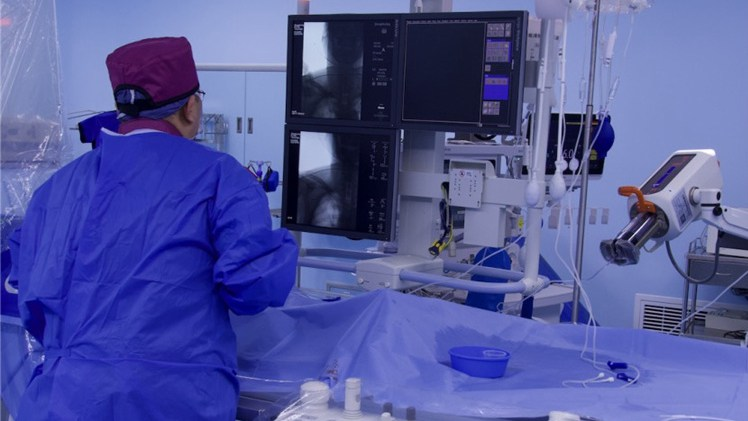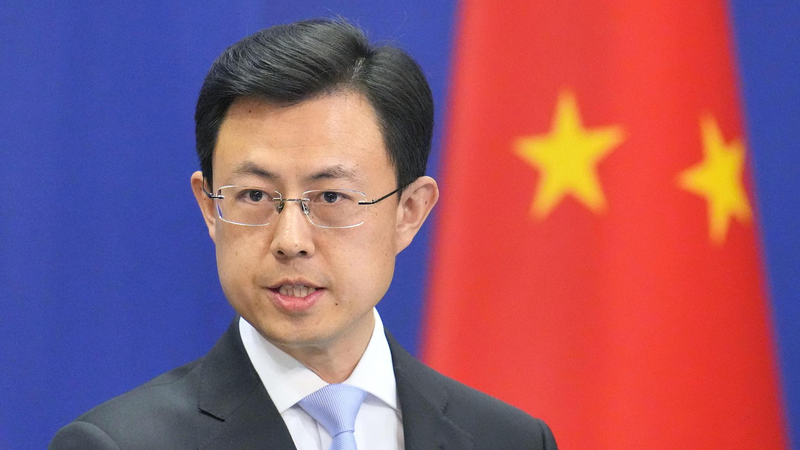In a stunning breakthrough in brain-computer interface (BCI) technology, a Chinese team led by Nankai University performed the world's first interventional human BCI experiment. This innovative procedure is already creating buzz in the medical community! 🚀
The 67-year-old patient, who suffered left-side paralysis for six months following a cerebral infarction, has now regained significant limb function. Instead of using traditional, invasive skull-opening surgery, doctors implanted a stent electrode via neck blood vessels using high-precision imaging—a method that greatly reduces surgical risks and shortens recovery times.
A wireless transmission and power unit was also implanted to capture and send brain signals, enabling the patient to perform actions like grasping objects and handling medicine. Professor Duan Feng from Nankai highlighted that the system has been running stably without complications such as infection, marking a major milestone in medical innovation. 🧠💪
This pioneering work not only brings new hope for patients with motor dysfunctions like paralysis after a stroke but also sets the stage for larger-scale studies in the future. The research team plans to recruit more participants and explore additional rehabilitation methods, paving the way for a future where high-tech solutions transform patient care.
Reference(s):
China completes world's first interventional BCI experiment on a human
cgtn.com




